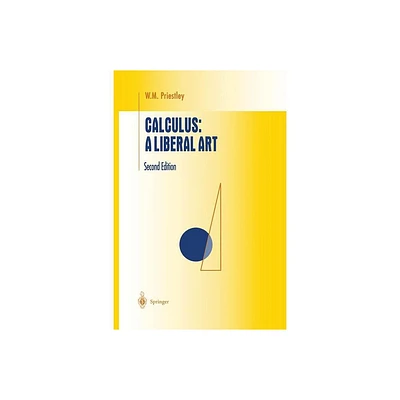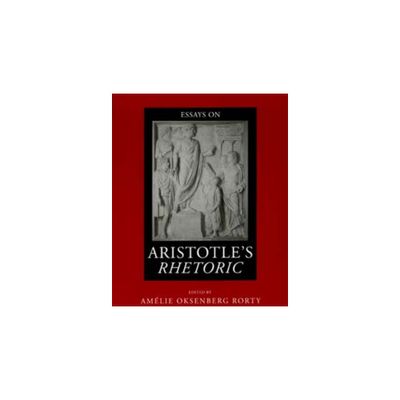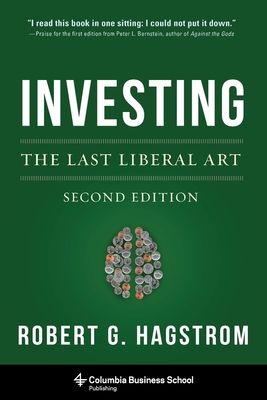Home
Rhetoric Reclaimed: Aristotle and the Liberal Arts Tradition
Loading Inventory...
Barnes and Noble
Rhetoric Reclaimed: Aristotle and the Liberal Arts Tradition
Current price: $56.95


Barnes and Noble
Rhetoric Reclaimed: Aristotle and the Liberal Arts Tradition
Current price: $56.95
Loading Inventory...
Size: Hardcover
*Product Information may vary - to confirm product availability, pricing, and additional information please contact Barnes and Noble
Thoroughly embedded in postmodern theory, this book offers a critique of traditional conceptions of the liberal arts, exploring the challenges posed by cultural diversity to the aims and methods of a humanist education. Janet M. Atwill investigates a neglected tradition of rhetoric, exemplified by Protagoras and Isocorates, and preserved in Aristotle's
Rhetoric
.
This tradition was rooted in the ancient sophistic and platonic conceptions of
techné
, or productive knowledge, that appears both in literary texts from the seventh century B.C.E. and in medical and technical treatises from the fifth century B.C.E. Atwill examines these traditions, together with sophistic and platonic conceptions, and considers the commentaries on Aristotle's
by E. M. Cope and William S. J. Grimaldi, where the concepts of
and productive knowledge disappear in the modern opposition between theory and practice.
Since models of knowledge are closely tied to models of subjectivity, Atwill's examination of techné also explores the role of political, economic, and educational institutions in standardizing a specific model for subjectivity. She argues that the liberal arts traditions largely eclipsed the social and political functions of rhetoric, transforming it from an art of disrupting and reinventing lines of power to a discipline of producing a normative subject, defined by virtue but modeled on a specific gender and class type.
Rhetoric
.
This tradition was rooted in the ancient sophistic and platonic conceptions of
techné
, or productive knowledge, that appears both in literary texts from the seventh century B.C.E. and in medical and technical treatises from the fifth century B.C.E. Atwill examines these traditions, together with sophistic and platonic conceptions, and considers the commentaries on Aristotle's
by E. M. Cope and William S. J. Grimaldi, where the concepts of
and productive knowledge disappear in the modern opposition between theory and practice.
Since models of knowledge are closely tied to models of subjectivity, Atwill's examination of techné also explores the role of political, economic, and educational institutions in standardizing a specific model for subjectivity. She argues that the liberal arts traditions largely eclipsed the social and political functions of rhetoric, transforming it from an art of disrupting and reinventing lines of power to a discipline of producing a normative subject, defined by virtue but modeled on a specific gender and class type.


















